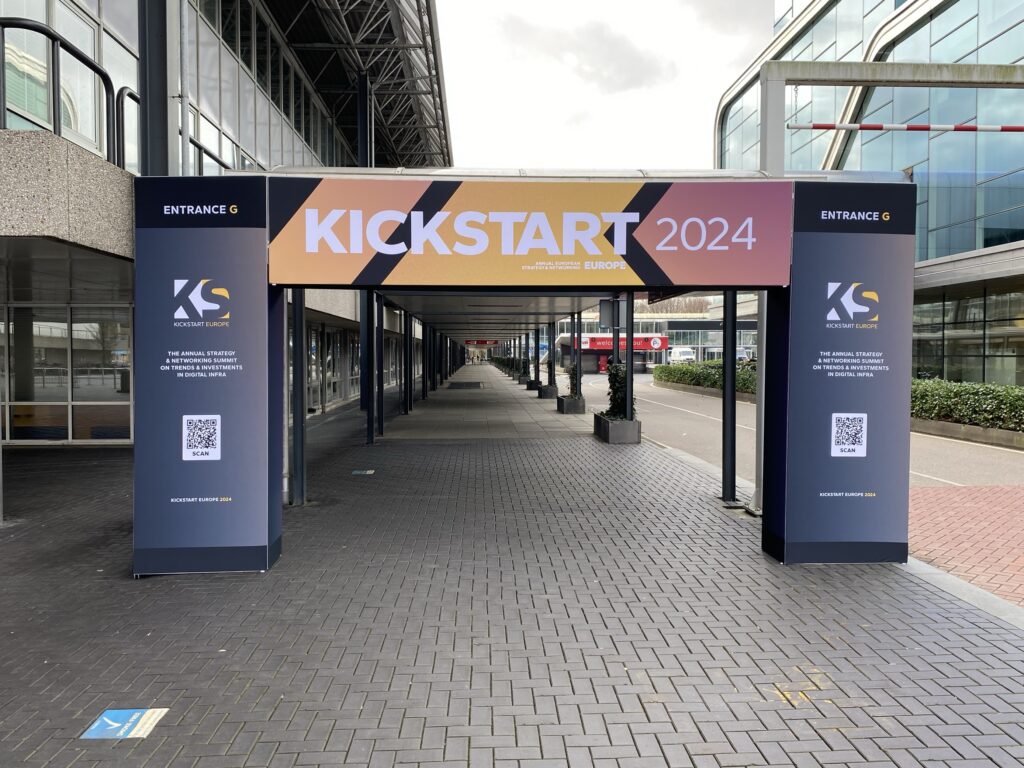AMID the fevered discussions about the pros and cons of Brexit, it’s easy to lose sight of what is important to a business operating in the UK.
There are implications for virtually all organisations, with sector-specific fluctuations, economic imperatives and a host of “what-ifs” – without taking into consideration whether Britain adopts a “hard” or “soft” Brexit policy.
But it is relatively straightforward to identify key changes that are starting to take place or are likely to come about as the Brexit process approaches its conclusion in March 2019.
So, for construction and quantity surveying businesses, while a quick look at the landscape as it stands just now might shed light on changes that appear to be alarming, closer inspection and a moment’s contemplation reveal the positives.
Take, for example, the weaker Pound (20 per cent down against the Euro), together with rising (albeit slowly) interest rates and inflationary pressures, which exercise the minds of economic pundits more than they do the person in the street.
One positive flipside to these perceived negatives is that they have resulted in an increase in the number of holiday visitors to the UK and they could herald a rise in “staycationing”.
Also worth considering is the slowing demand for office space in the London market, due to multinational companies’ uncertainty about the UK economy. Office space development is down by about 10 per cent,
However, this could well result in an increase in work stream for refurbished offices.

And there are indications that some companies are looking to exploit opportunities in a post-Brexit Britain in which economic dynamics and practicalities could shift. While it is the stated desire of the UK to continue to trade seamlessly with the EU, other economic partnerships could be formed.
This could explain the increase in demand for industrial warehousing and logistical facilities such as cold storage units being built close to all UK exit and entry points such as ports and airports.
A hard Brexit would likely see the UK give up full access to the single market and full access of the customs union along with the EU. This would prioritise giving Britain full control over its borders, making new trade deals and applying laws within its own territory.
Soft would leave the UK’s relationship with the EU as close as possible to the existing arrangements,
One area of growth that appears to be burgeoning despite Brexit uncertainties in other sectors is higher education.
Universities and colleges are continuing to invest money in capital expenditure projects in order to continue to appeal to new UK and overseas students. Thus, we see expenditure on student halls of residence remaining strong.



















